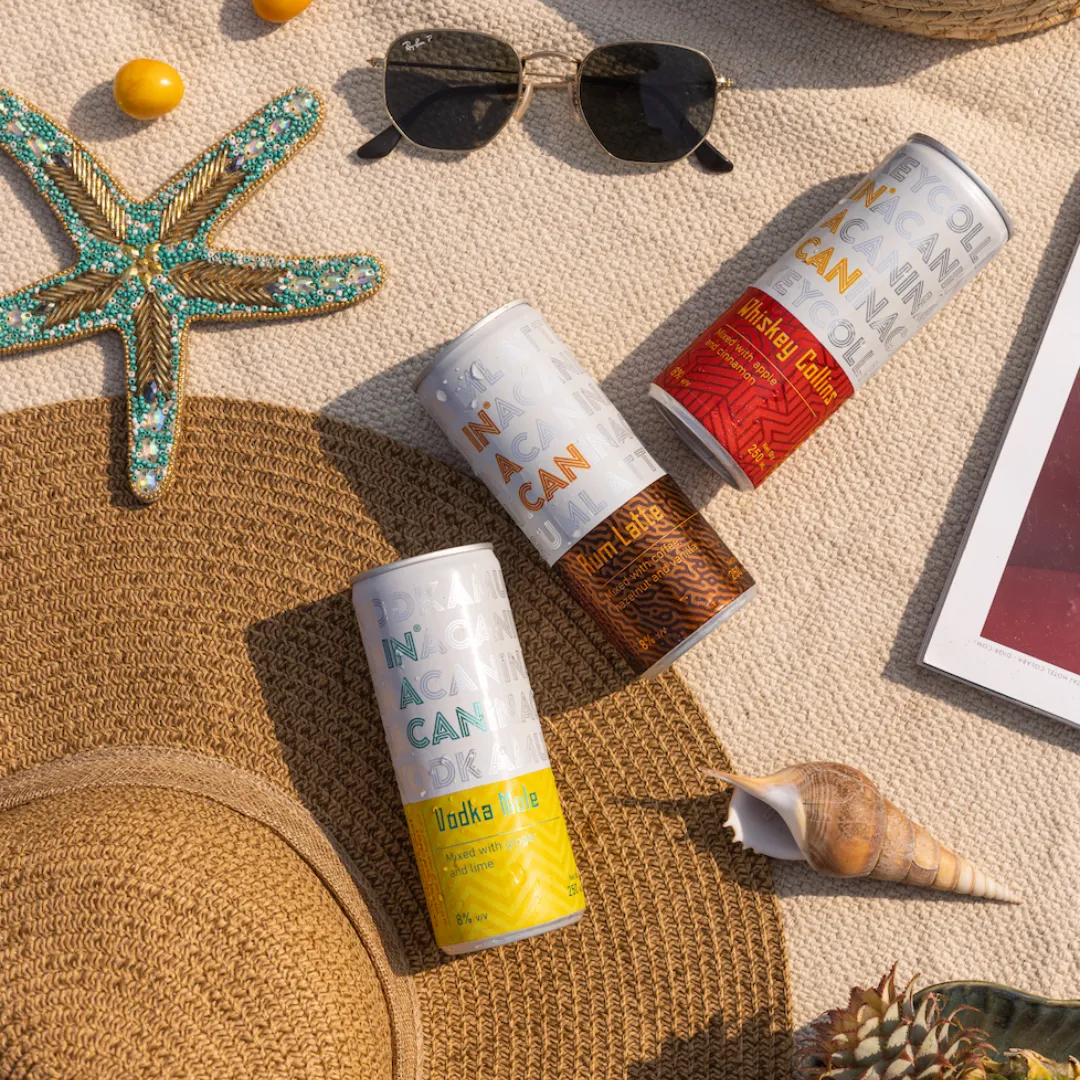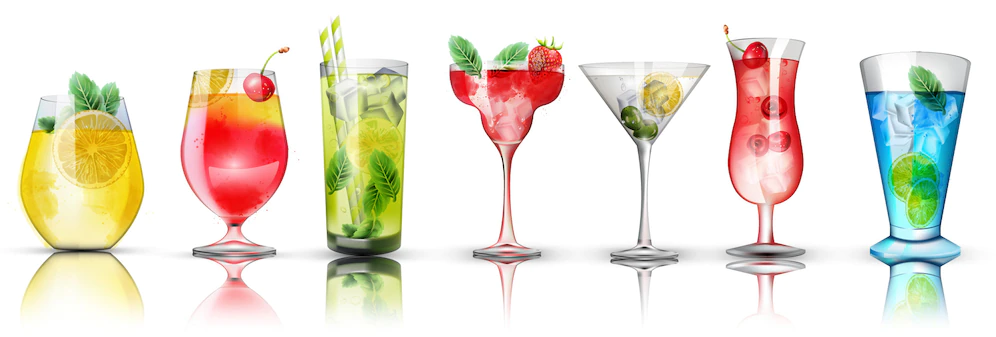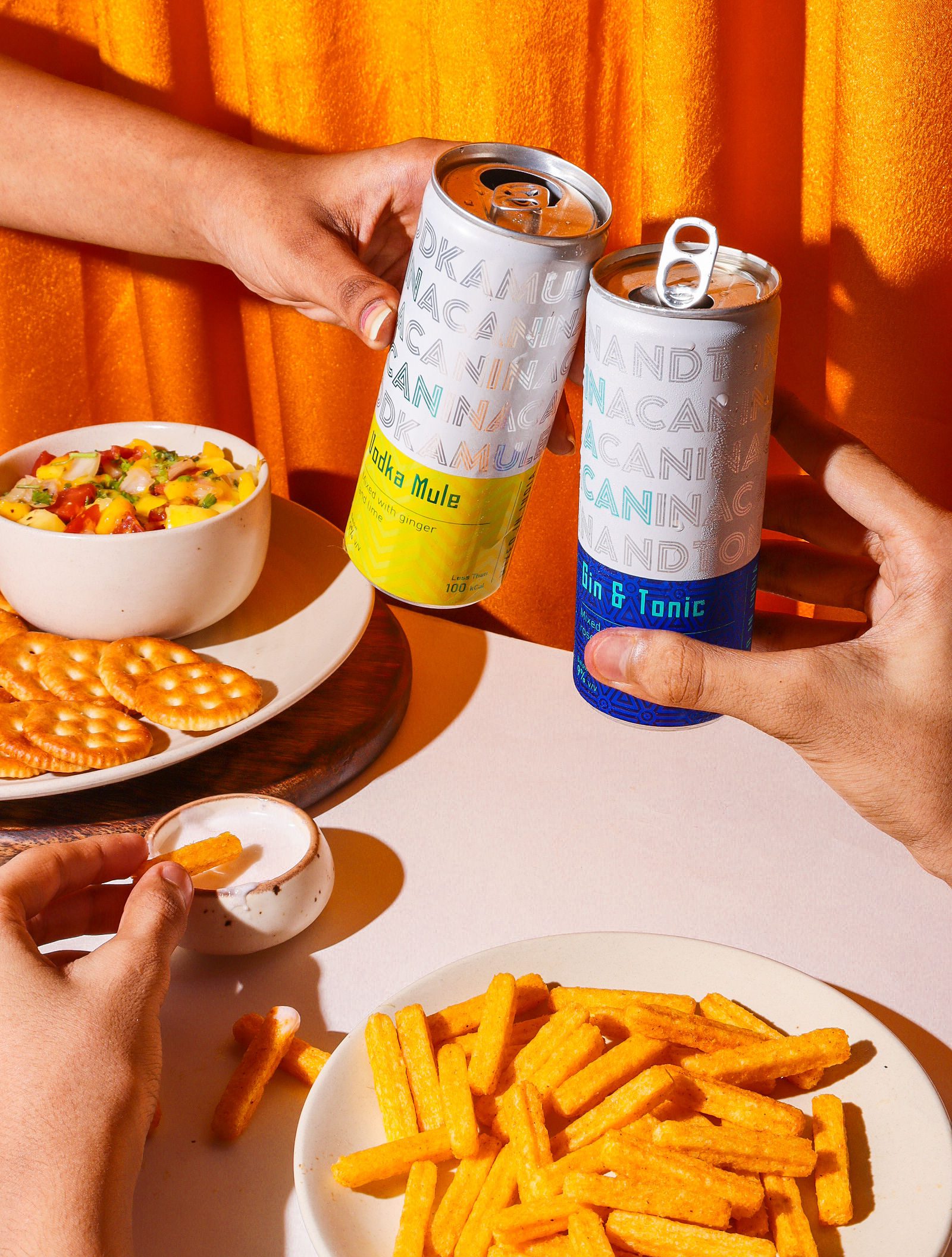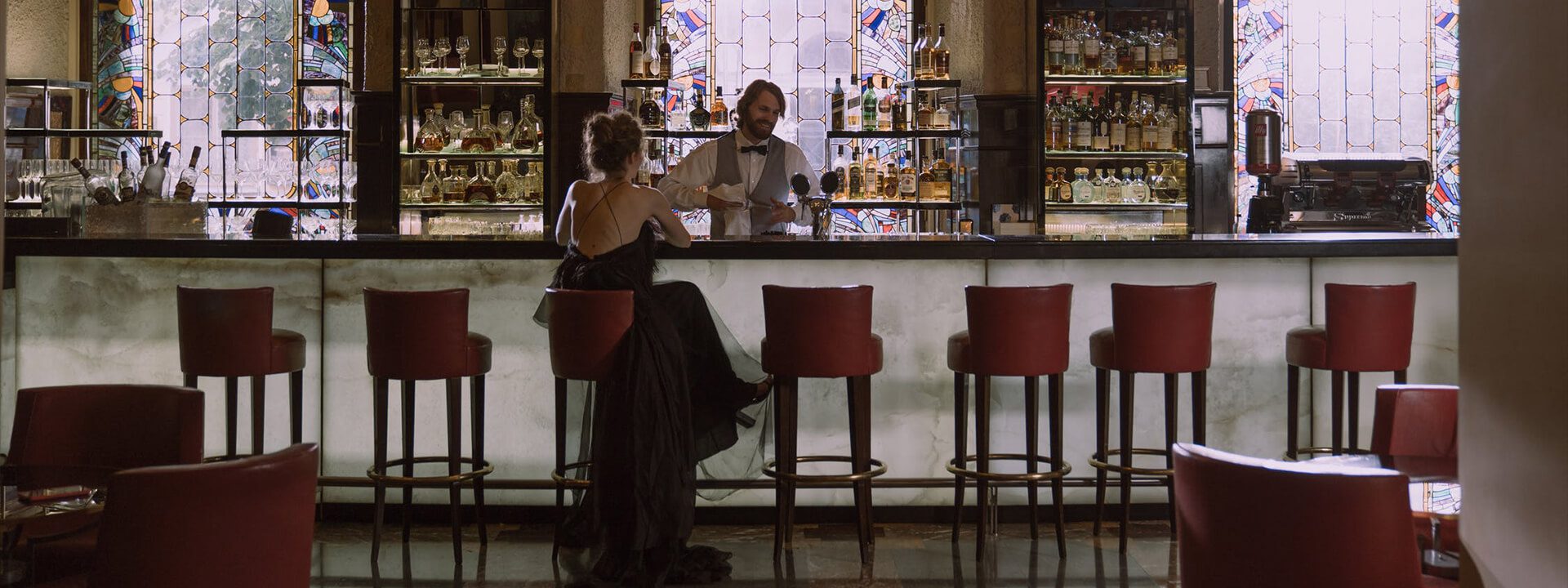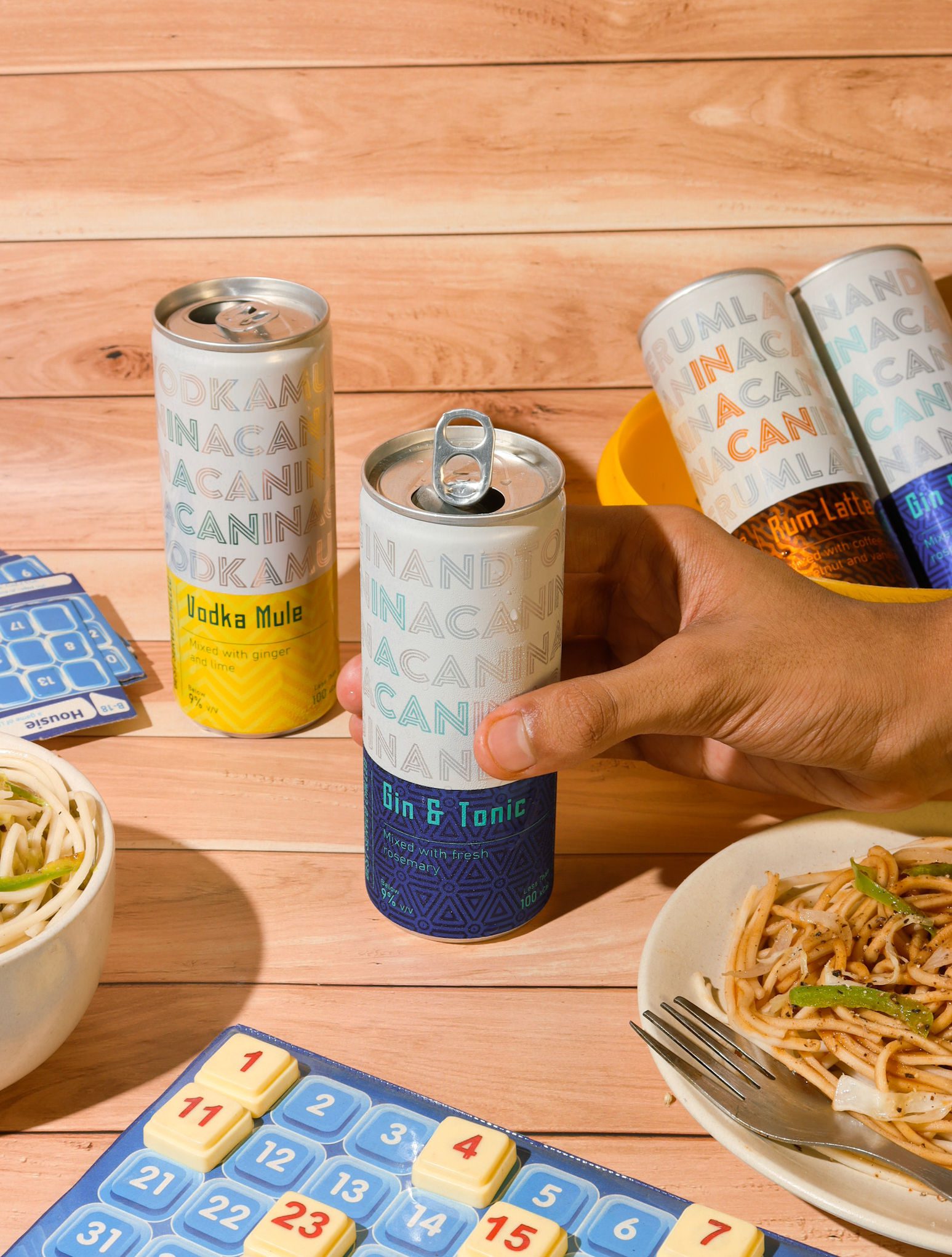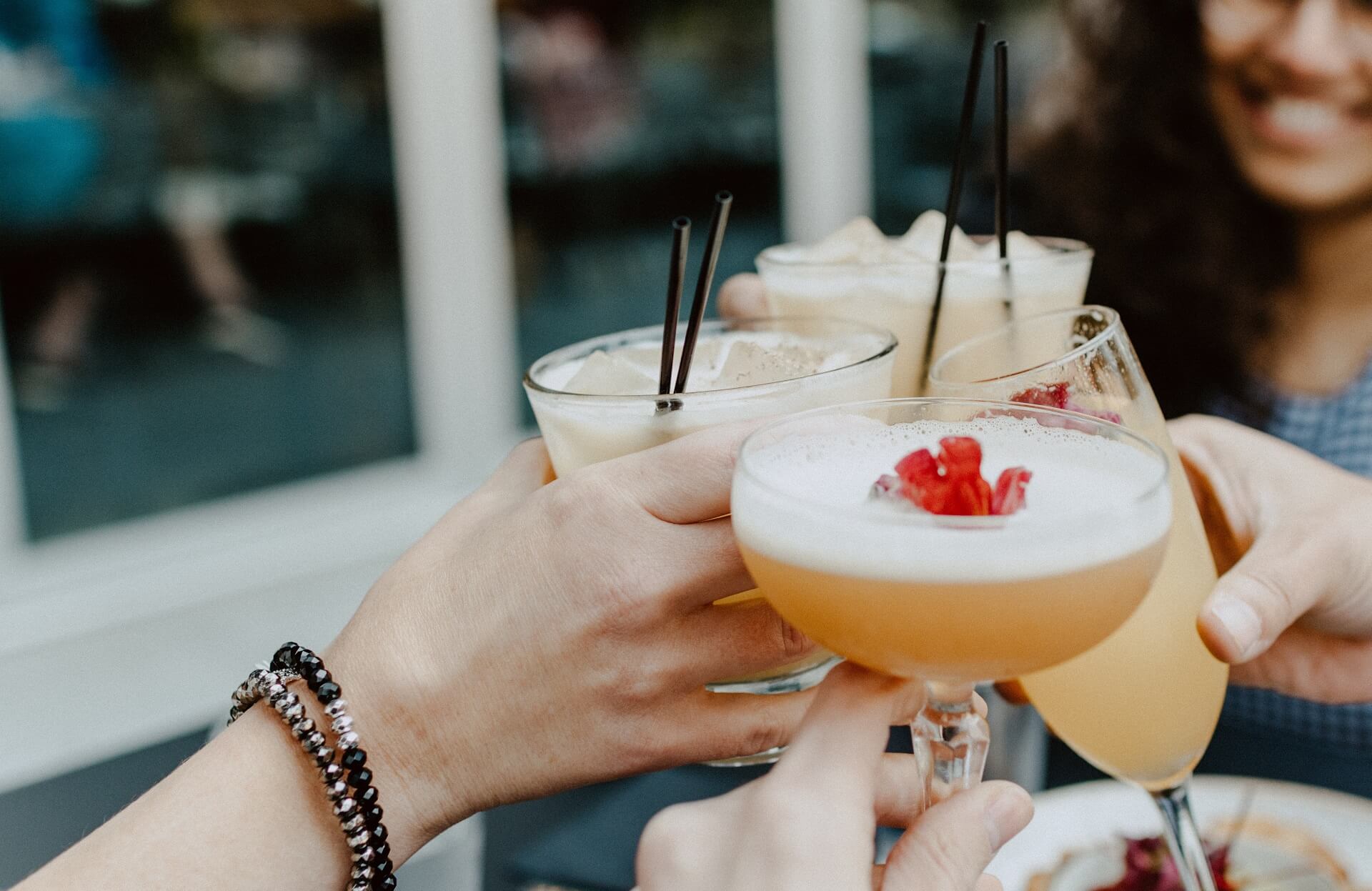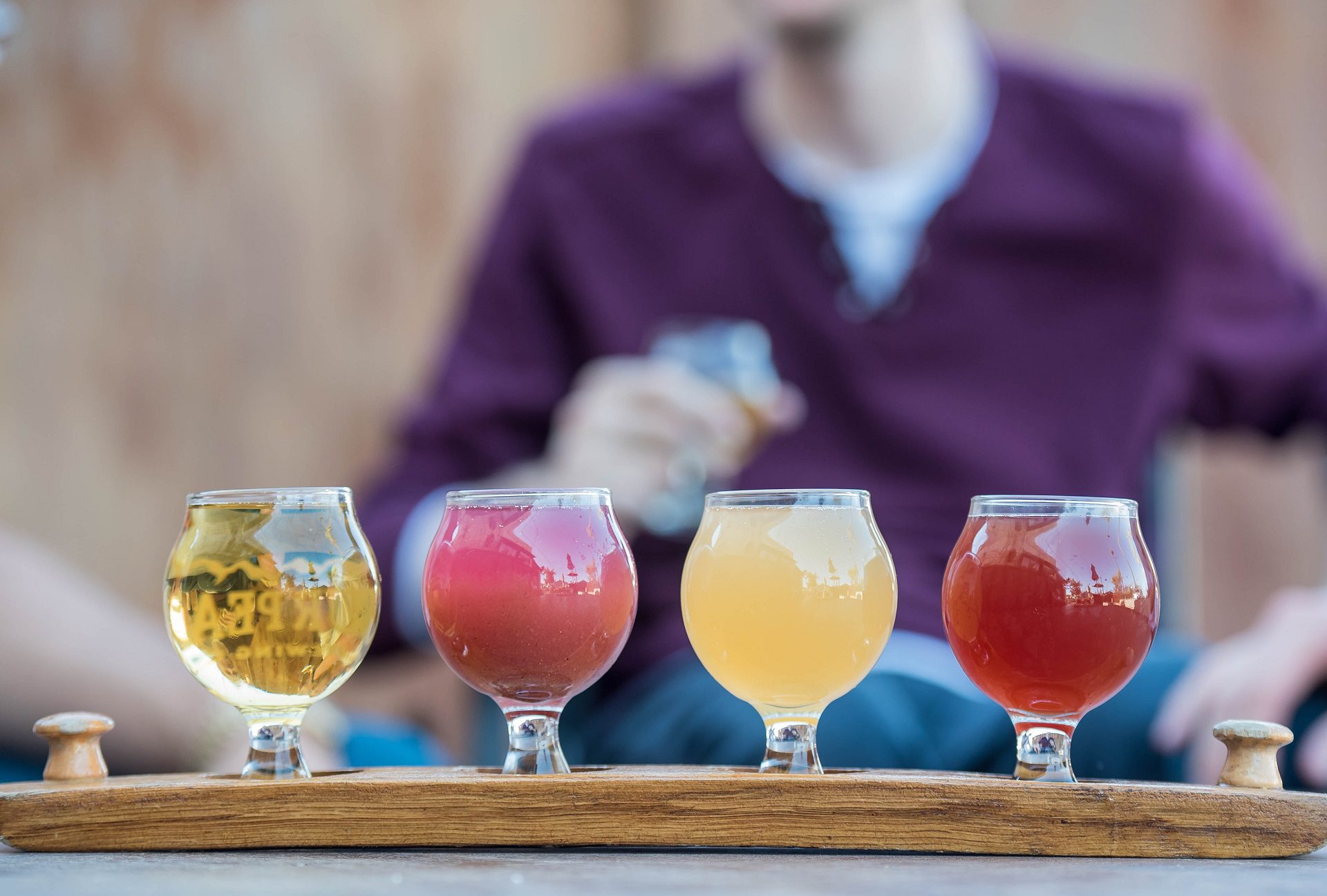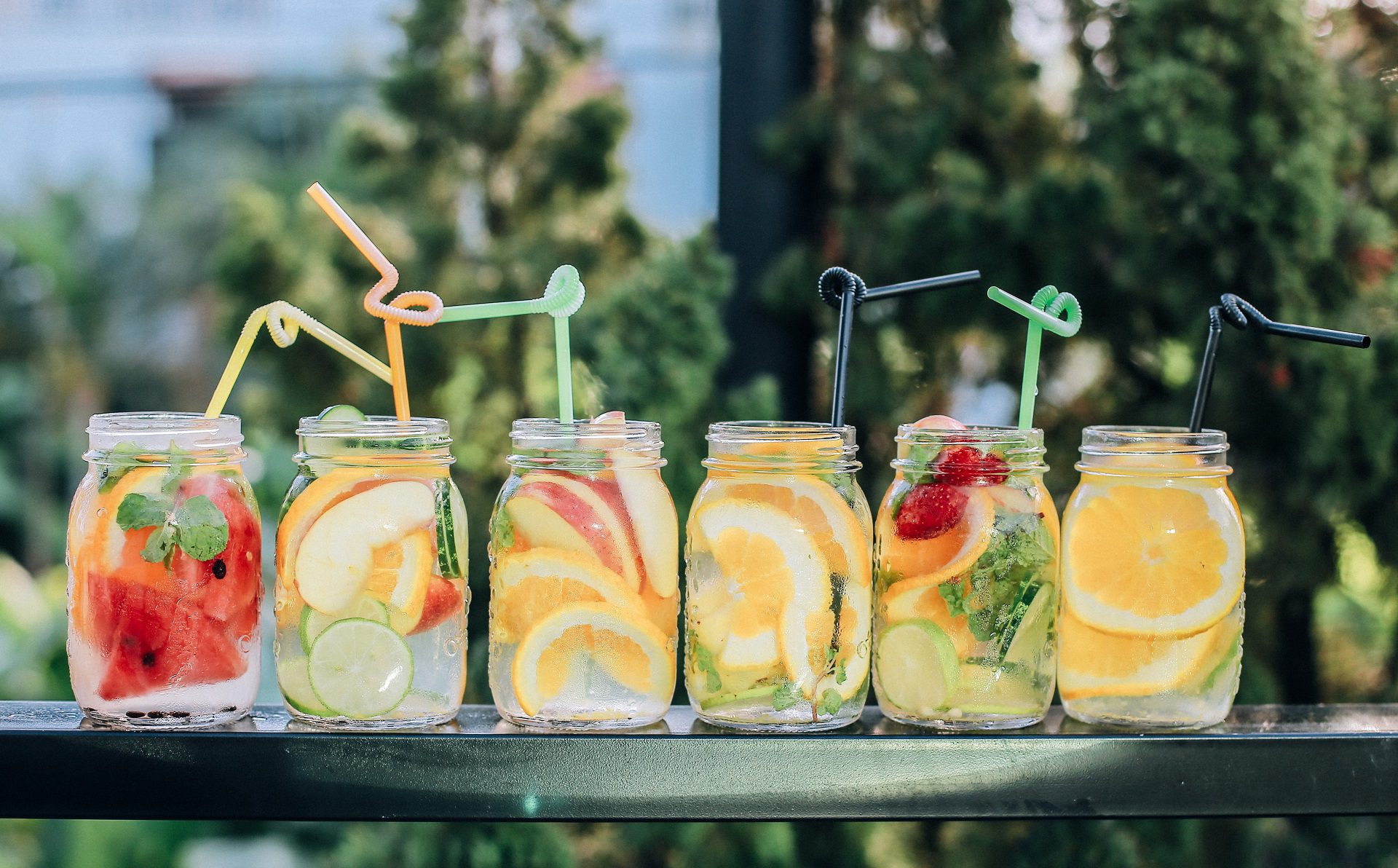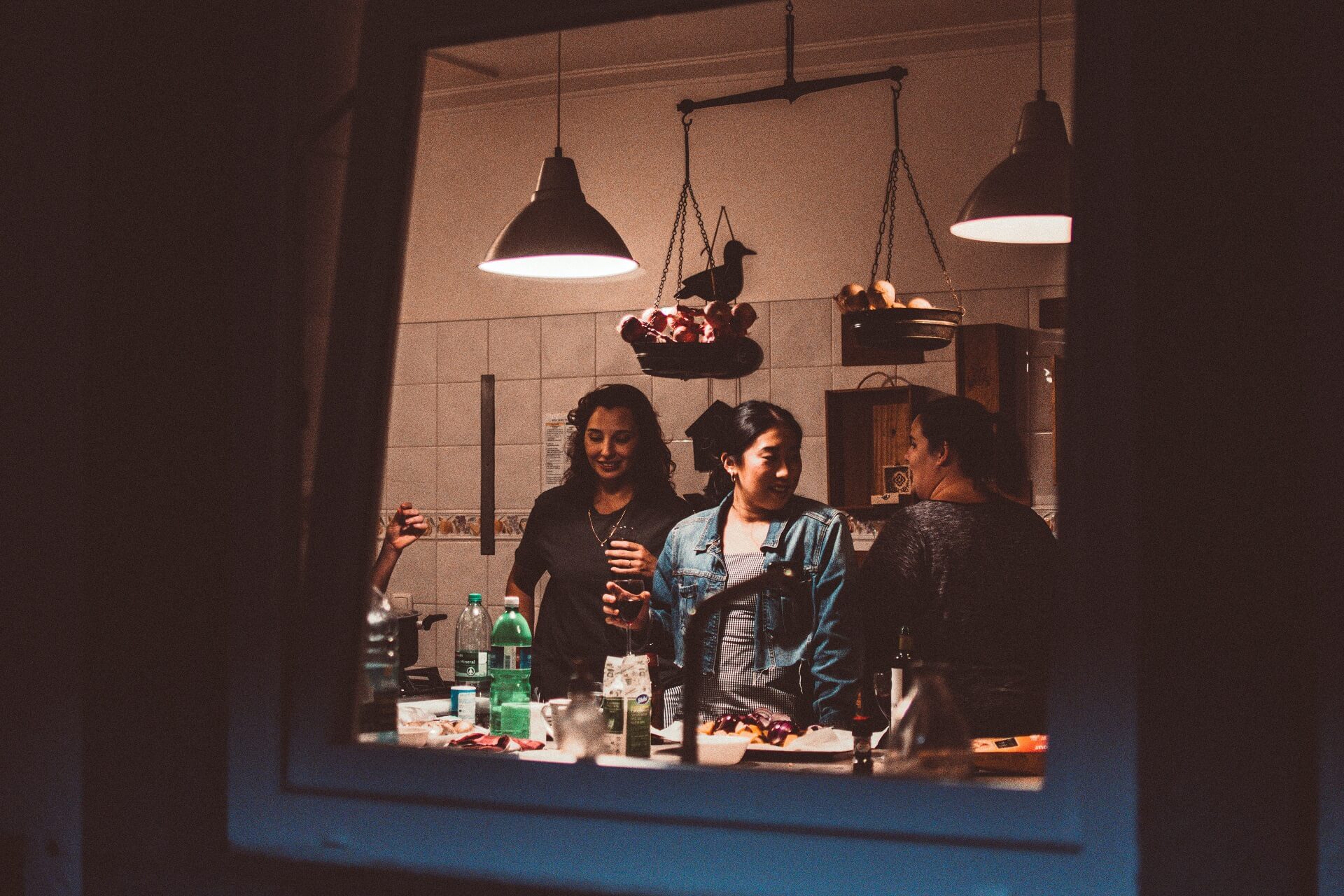Cocktails are often seen as fascinating beverages. I mean, why not? After all, who wouldn’t describe a concoction made up of lemon juice, spirit, and sugar as a magical drink? Cocktails, in fact, sound like something straight out of the Wizarding World.
These days, getting our hands on a good cocktail is pretty easy. Be it in the bars or making it at home, we know a thing or two about how we want our cocktails made. And we’re all attempting to create our ideal cocktail. However, when something becomes popular, it’s only a matter of time until rumors follow.
So, let’s take a look at some of the cocktail myths and legends that exist.
1. Origin of Cocktails
There are various solutions to the question, “What is a cocktail, and where did it come from?” The name “cocktail” is claimed to have originated in New Orleans and is drawn from the French word “coquetel,” which means “eggcup,” in which drinks were served. Another myth suggests that cocktails refer to a celebratory drink garnished with a cock’s tail and served to Revolutionary War soldiers.
Fact: A cocktail is described as a drink made up of spirit, water, sugar, and citrus. The history appears too blurry, considering it originated in bars where stories get too twisted and turned to be true.
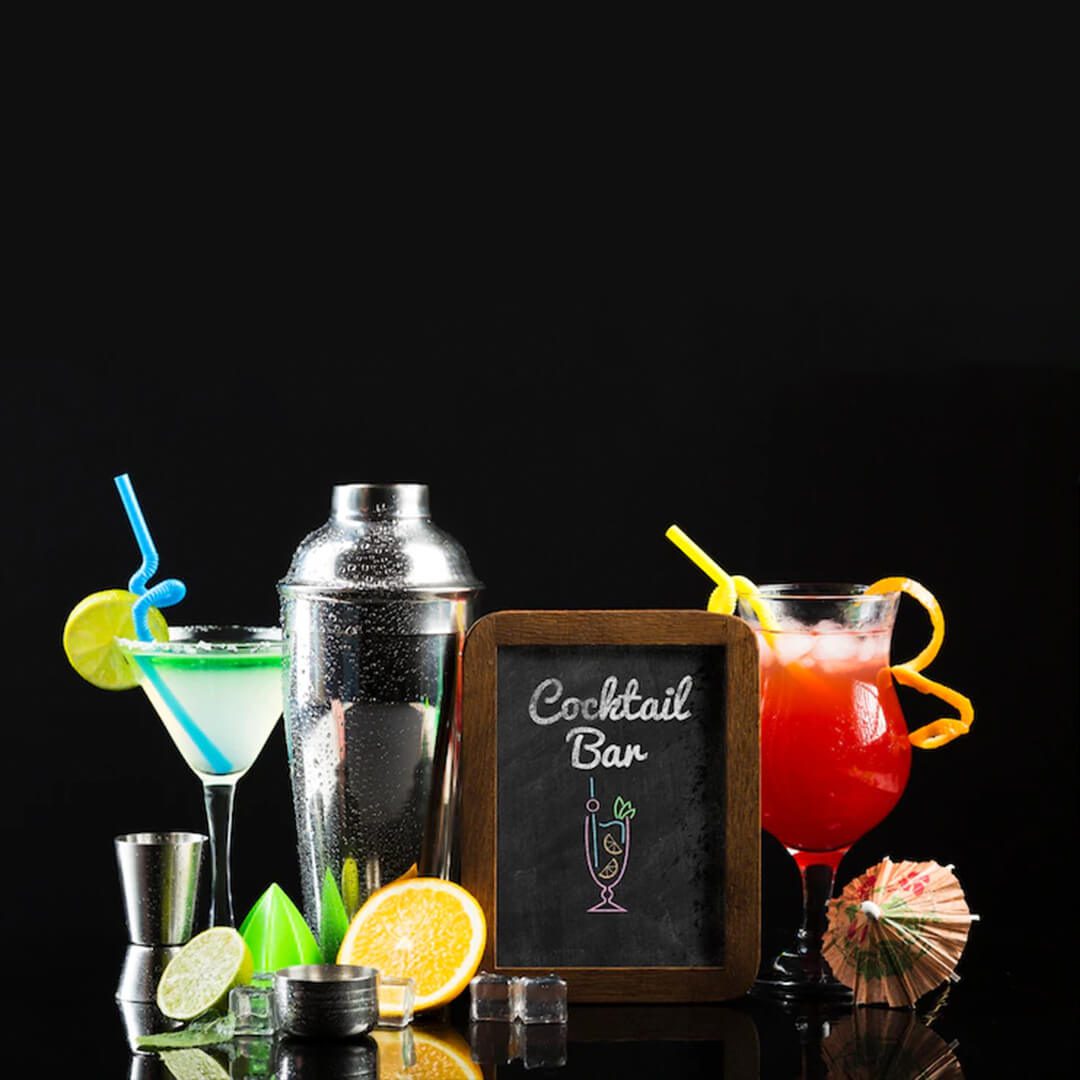
2. Pricey Booze = Better quality
The more expensive the booze, the tastier the cocktail.
Fact: A decent cocktail relies on a high-quality spirit instead of an expensive one.Because it’s the former that matters. Furthermore, there is no point. At the end of the day, the spirit will be infused with so many flavors that the cost of alcohol will prove to be meaningless. However, if you have the means and want to drink high-end liquor, that is entirely up to you. It’s less about the cost and more about which flavor pairs well with whom.
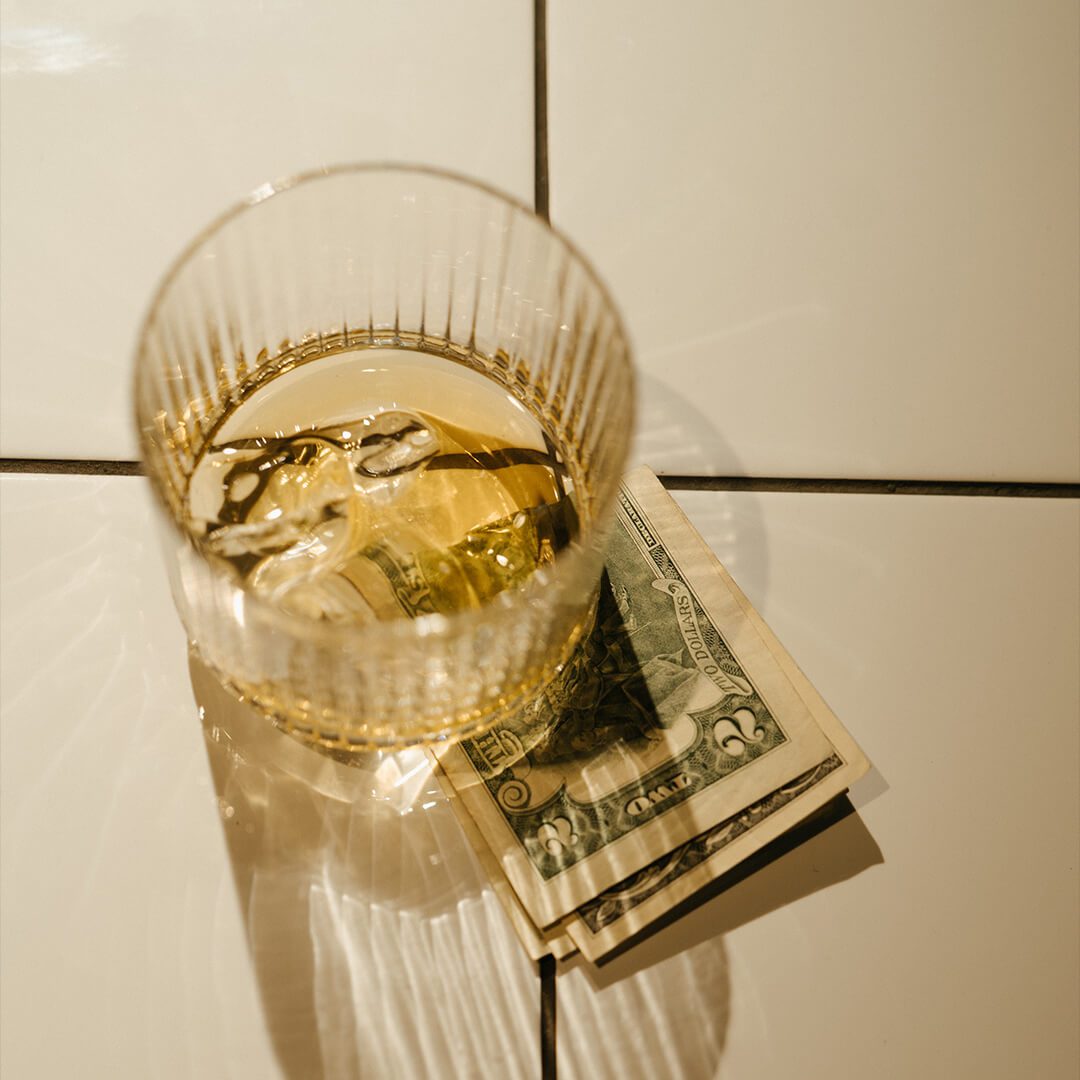
3. Shaken Martini, Bruised Gin
A martini, when shaken, can ruin the gin.
Fact: If a simple shake of a martini can ruin the gin’s composition, then every shipment crossing oceans and traveling long distances would be affected. And that’s a risk not worth taking. However, this is not true, as alcohol cannot be bruised in any way.
Now that we’ve discussed how shaking alcohol might or not destroy it, we’ve overlooked one essential point. Martinis aren’t supposed to be shaken in the first place; they’re supposed to be stirred. The proper amount of alcohol ingredients and the right level of chill and dilution are necessary to keep the flavor intact. And over-dilution can mask the taste.
So you have control over the ice melting in and the water level when you stir; however, when you shake, you lose sight of how watery it has become—simple math.
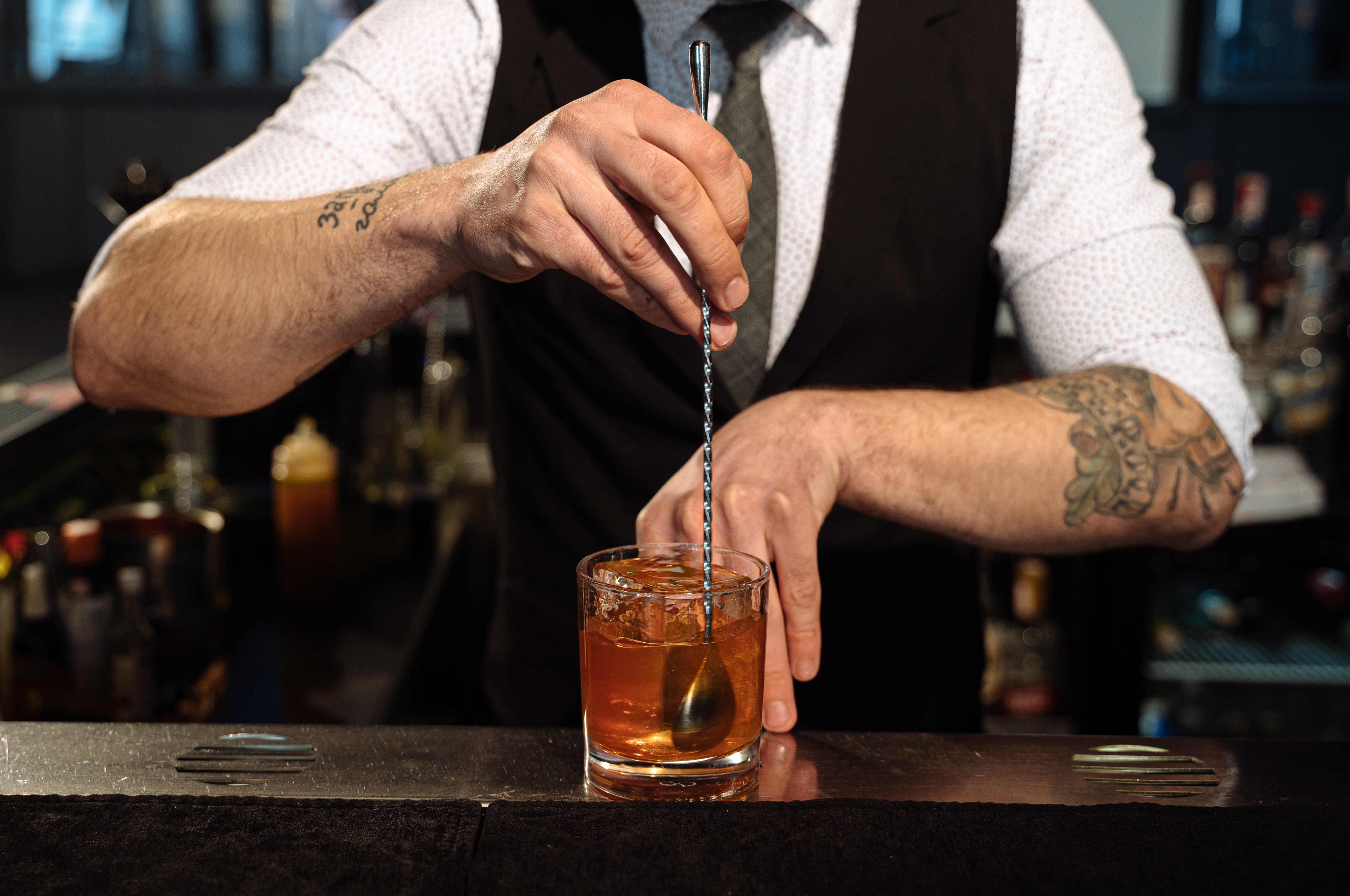
4. Need for Premium ice
Premium and high-quality ice is used at those high-end bars and pubs, making the cocktail more delicious and worthwhile.
Fact: Not really. Yes, some bars use specialized ice machines, but that is unnecessary. Luxury, yes, but not a requirement. And there is no change in taste either.
So, simply boil some water to remove any contaminants before cooling it. You will have a block of slow-melting, perfect ice to enjoy the drink for a longer period. So, use the ice from your refrigerator because it anyway makes no difference.
Furthermore, the ice cubes can be any shape; they do not affect the taste or dilution, so go with any shape of cube you want.
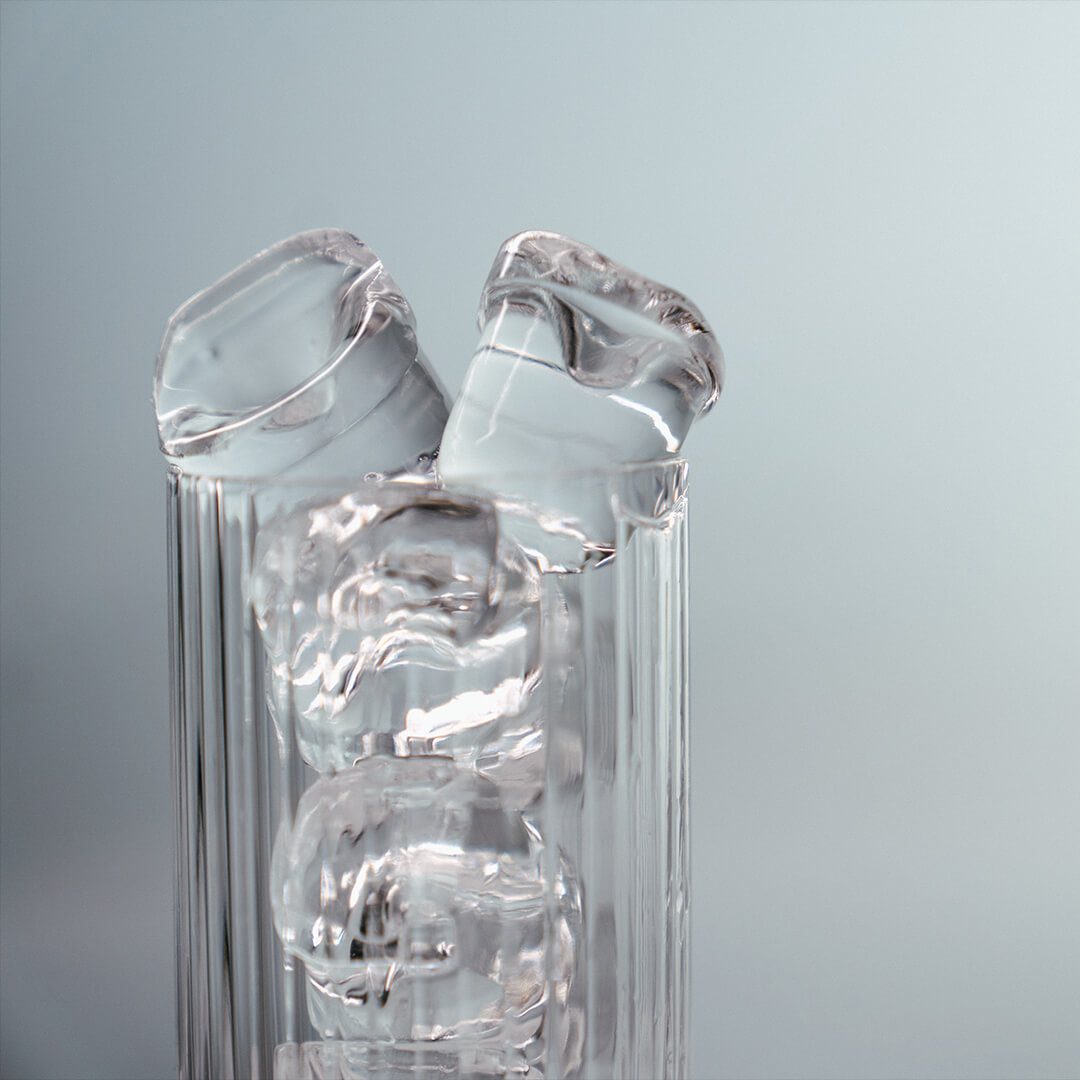
5. Martini in Martini glasses
Martinis must be served in Martini glasses, large glasses with a conical shape.
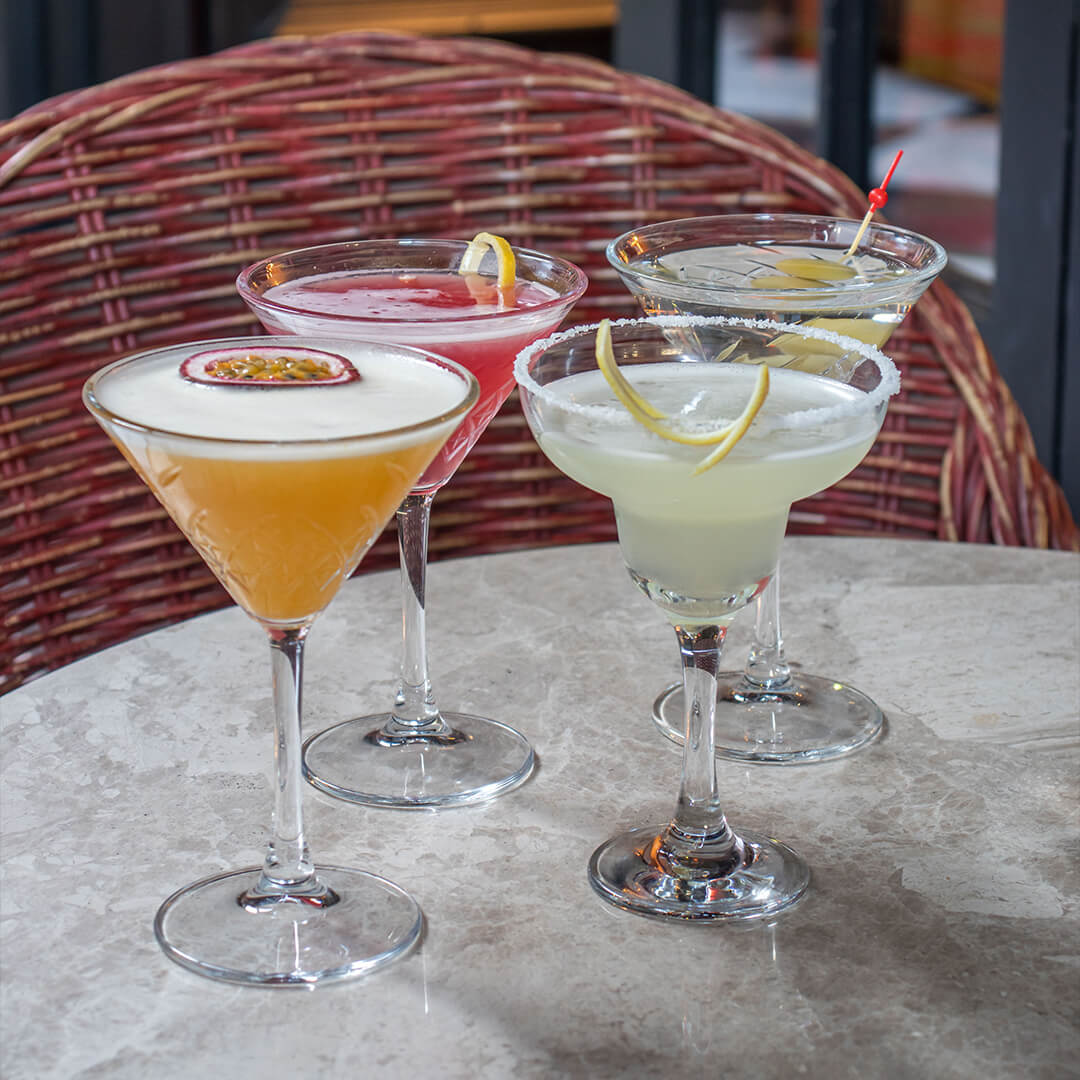
6. Bartending, A Convenient Career
Bartending is a simple job that people pick when they have nothing better to do or have failed in their previous occupations.
Fact: Bartending is a full-fledged vocation requiring a diverse range of talents. You can’t just decide to be a bartender and start working right away. For this, you’ll need training and direction. A competent bartender must have both physical stamina and the ability to create delectable beverages. Not to mention the patience required while interacting with people and treating each one with equal grace.
‘
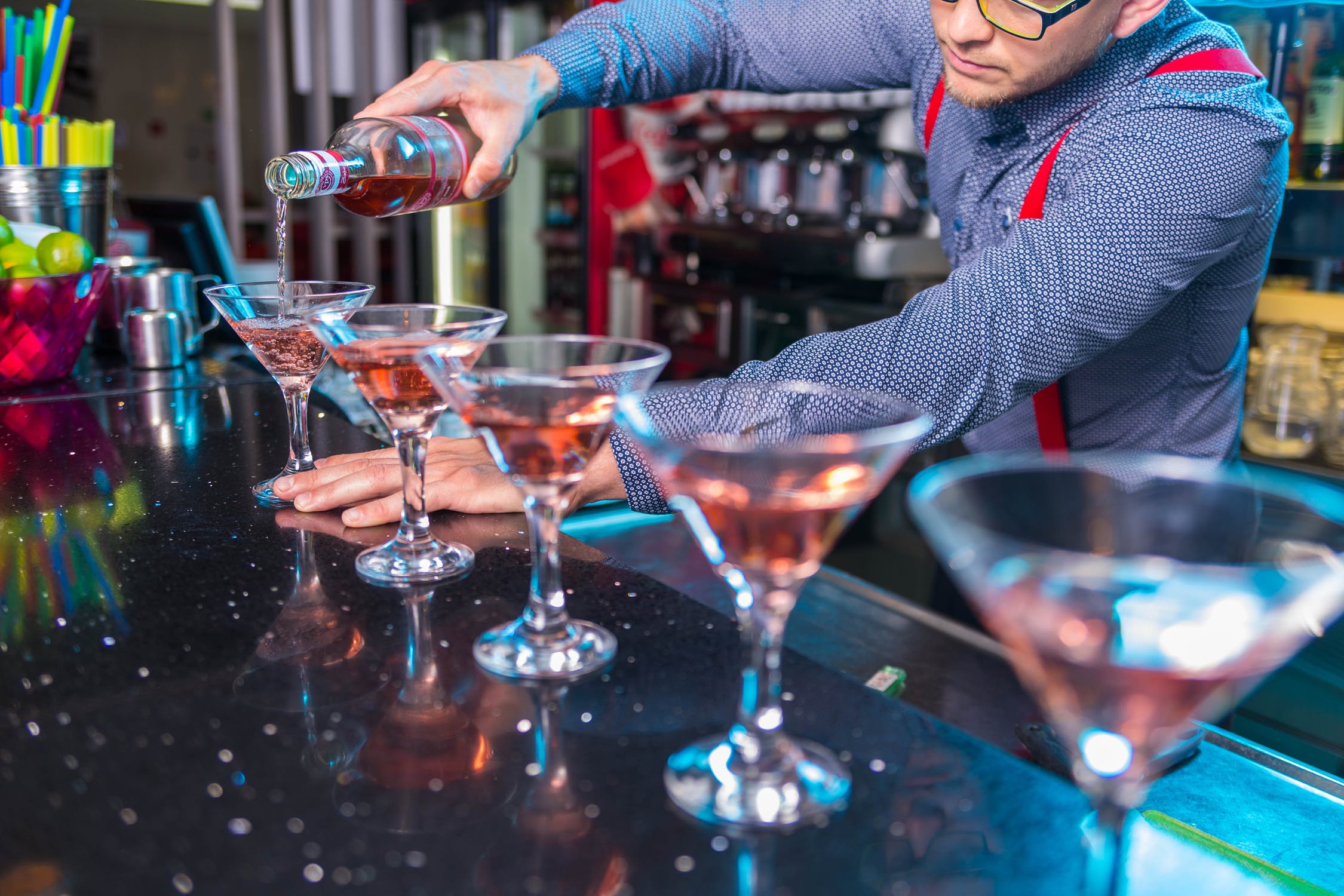
Wrapping it up
This is not it. According to several studies, there are countless more cocktail myths and stories that should be debunked. So, the next time you hear one of those myths, do tell!
